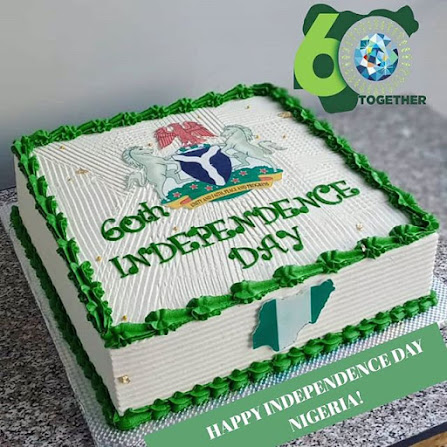By
Dan Amor
Every
real nation state is an historical product. It is, in Marx’s celebrated phrase,
“the official resume’ of the antagonism in civil society”, but under
historically determinate circumstances. As such, it is the product of the
historically specific constellation of class relations and social conflicts in
which it is implicated. It may, therefore, indeed, it must, if it is not to
rest on its monopoly of the means of coercion alone, incorporate within its own
structure, the interests not only of the dominant but of the subordinate
classes. In this quite specific sense, then, every real nation state has an
inherently relative independence, including, as well, the independence to
understand the dynamics of its made-made domestic crises. In consequence, therefore,
the general characteristics of the Nigerian nation state today may be seen in
terms of the enormity of its domestic crises and social contradictions.

Therefore,
those who murdered Nigeria, and are still killing its residues include, but not
limited to: a big and comprador bourgeoisie that has abdicated its political
aspirations and allied itself to semi-feudal interests; a disoriented small and
medium bourgeoisie made up of a certain class of professionals and
intellectuals, potentially revolutionary, but which hesitates to renew the
struggle for its national liberation. There is a sleeping working class which
is supposed to be the prime revolutionary force but which cannot define clearly
its trade union tasks and political aims. There is a large crowd of youths, the
student body that constitute about 60 percent of the national population, which
has abdicated its responsibility of serving as light to the national ideal due
largely to intellectual dishonesty, ignorance or docility arising from poverty
of ideas.








